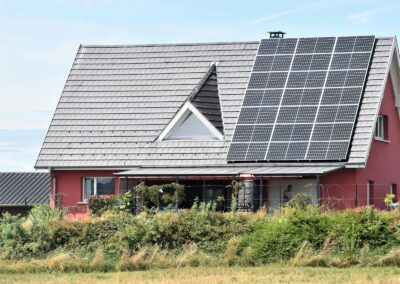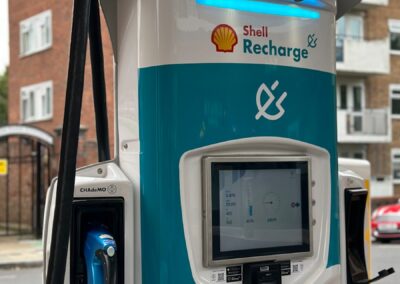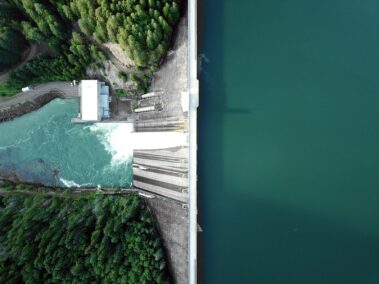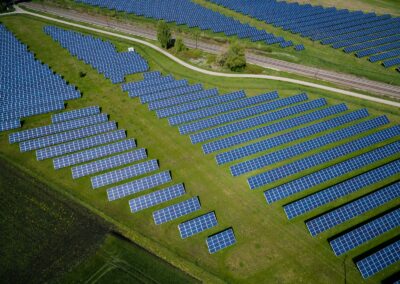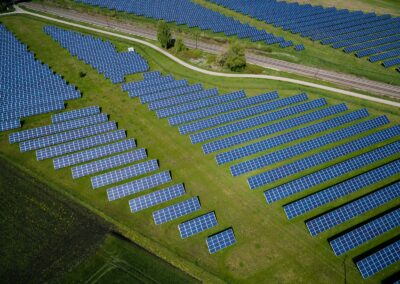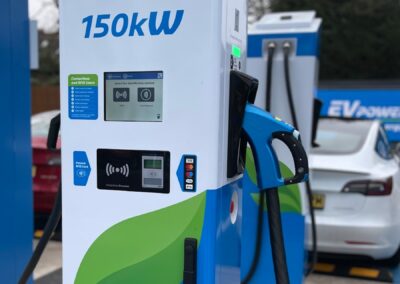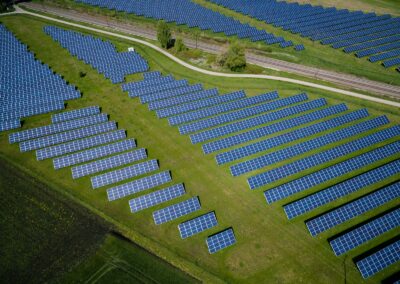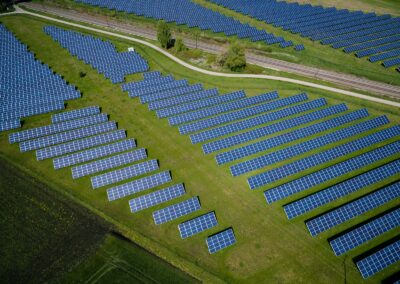Leveraging Renewable Energy for Water Management in Saudi Arabia and UAE
Harnessing Solar Energy for Efficient Water Management
Renewable energy sources, particularly solar energy, are pivotal in advancing sustainable water management practices, especially in sun-rich regions like Saudi Arabia and the UAE. Solar energy can be harnessed to power desalination plants, which are crucial for converting seawater into potable water. This process, traditionally energy-intensive, becomes significantly more sustainable and cost-effective when driven by solar power. In cities like Riyadh and Dubai, solar-powered desalination can provide a reliable and continuous supply of freshwater, reducing dependence on limited groundwater resources. Additionally, solar energy systems can be integrated into irrigation networks, powering water pumps and ensuring efficient distribution of water to agricultural fields, thus enhancing productivity while conserving resources.
Wind Energy: A Sustainable Solution for Water Systems
Wind energy also plays a crucial role in supporting sustainable water management. Wind turbines can generate electricity to power various components of water infrastructure, from pumping stations to treatment plants. In regions such as Saudi Arabia and the UAE, where wind patterns are consistent, this renewable energy source can be a reliable supplement to solar power. By utilizing wind energy, water management systems can operate with reduced greenhouse gas emissions, aligning with national sustainability goals. Moreover, wind-powered systems can be particularly effective in remote or off-grid areas, providing essential water services where traditional energy sources are scarce or unavailable. This sustainable approach not only ensures a steady water supply but also promotes environmental stewardship.
Integration of Renewable Energy with Advanced Technologies
The integration of renewable energy with advanced technologies such as AI and Blockchain further enhances the efficiency and sustainability of water management systems. AI can optimize the operation of renewable energy-powered water systems by predicting energy demand and adjusting usage accordingly. Blockchain technology can ensure transparent and secure management of water resources, facilitating efficient allocation and reducing wastage. In Saudi Arabia and the UAE, these technologies can be combined to create smart water management systems that are both resilient and sustainable. For example, AI algorithms can analyze weather patterns to optimize the use of solar and wind energy, while Blockchain can track water usage and distribution, ensuring accountability and transparency.
Management Consulting for Renewable Energy Projects
Management consulting services are essential for the successful implementation of renewable energy projects in water management. Consultants provide expertise in strategic planning, risk management, and performance optimization, ensuring that projects align with business objectives and regulatory requirements. In the dynamic markets of Saudi Arabia and the UAE, management consultants help organizations navigate the complexities of integrating renewable energy into existing water management systems. They assist in identifying potential challenges, developing mitigation strategies, and ensuring effective stakeholder engagement. This comprehensive approach enhances project success and drives long-term sustainability, contributing to overall business success and economic growth.
Effective Change Management and Executive Coaching
The transition to renewable energy-powered water management systems requires effective change management and leadership. Executive coaching services are crucial in equipping leaders with the skills to manage this transformation. In regions like Saudi Arabia and the UAE, executive coaching helps leaders develop strategic visions, foster innovation, and communicate effectively with stakeholders. This approach ensures that renewable energy initiatives are implemented smoothly and that teams are well-equipped to leverage new technologies. By promoting a culture of continuous learning and adaptation, executive coaching supports the long-term success and sustainability of renewable energy projects in water management, aligning with broader organizational and national goals.
The Future of Sustainable Water Management: Embracing Emerging Technologies
The future of sustainable water management lies in the continued adoption and integration of emerging technologies such as the Metaverse and Generative AI, alongside renewable energy sources. These technologies offer new possibilities for optimizing water resource allocation and reducing stress on water supplies. The Metaverse provides immersive and interactive environments for real-time monitoring and decision-making, enhancing the ability to manage water resources effectively. Generative AI drives innovation by developing new algorithms and solutions tailored to specific water management challenges. In Saudi Arabia and the UAE, embracing these technologies through integrated renewable energy initiatives will position these nations as leaders in water sustainability, ensuring a resilient and secure future. By staying at the forefront of technological innovation, these regions can provide high-quality water services and support sustainable economic growth.
#RenewableEnergy #SustainableWaterManagement #SolarEnergy #WindEnergy #SaudiArabia #UAE #Riyadh #Dubai #ChangeManagement #ExecutiveCoaching #EffectiveCommunication #BusinessSuccess #ManagementConsulting #AI #Blockchain #Metaverse #GenerativeAI #Leadership #ProjectManagement


